USD 10 mn of COVID-19 emergency fund! Here's what other SAARC leaders proposed over Modi's fund idea
Total Views |
New Delhi, March 16 : Charting out a common strategy in order to combat COVID-19 in the South Asian region, Prime Minister Narendra Modi on Sunday initiated the deep discourse with the SAARC member countries, further proposing the creation of a COVID-19 emergency fund. Based on voluntary contributions from all the countries, India made an initial offer of USD 10 mn for the fund.
"India is assembling a Rapid Response Team of doctors and specialists, along with testing kits and other equipment, which will be on stand-by, to be placed at the disposal of the countries, if required", he noted meanwhile. Stressing on the ancient people to people ties and interconnectedness of societies of the SAARC countries, he said it is imperative for the nations to prepare to face the challenge together.
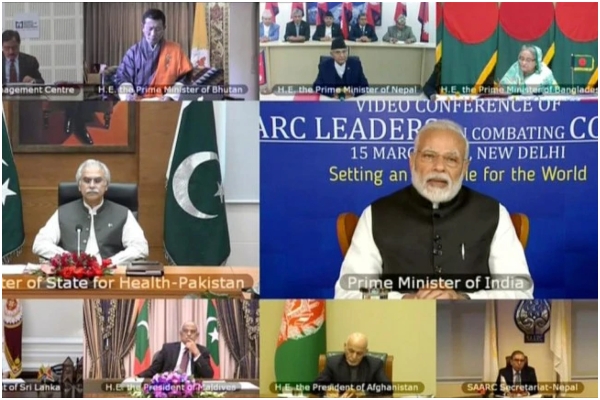
India also offered arranging for online training capsules for the emergency response teams of the neighbouring countries and sharing of software behind India’s Integrated Disease Surveillance Portal to help trace possible virus carriers and the people they contacted. He suggested that existing mechanisms like SAARC Disaster Management Centre can be used to pool in best practises.
He also suggested creation of a common Research Platform to coordinate research on controlling epidemic diseases within the South Asian region. While the SAARC leaders thanked PM Modi for the proposed initiatives, India reiterated the resolve to battle together and said that neighbourhood collaboration by SAARC countries should serve as a model for the world.
Here are some of India’s efforts towards combatting the menace of COVID-19 Novel Coronavirus. pic.twitter.com/G5WFZBx6HB
— Narendra Modi (@narendramodi) March 15, 2020
"Prepare, but don't panic, is the guiding mantra followed by India", he said laying down the proactive steps taken, including a graded response mechanism, screening those entering the country, public awareness campaigns on TV, print and social media, special efforts to reach out to the vulnerable groups, ramping up of diagnostic facilities and developing protocols for each stage of managing the pandemic.
Working together is the best way to overcome this menace.
— Narendra Modi (@narendramodi) March 15, 2020
The way ahead lies in :
Collaboration not Confusion.
Preparation not Panic.
We have to fight this battle together, and we have to win it together.
Our neighbourhood collaboration should be a model for the world.
India has not only successfully evacuated almost 1400 Indians from different countries but also evacuated some of the citizens of the neighbouring countries in accordance with the ‘neighbourhood first policy’. Here is what SAARC members proposed at the conference.
President Ashraf Ghani, Afghanistan : The greatest vulnerability of Afghanistan is an open border with Iran. I propose modelling diffusion patterns, creation of common framework for telemedicine and greater cooperation amongst the neighbouring countries.
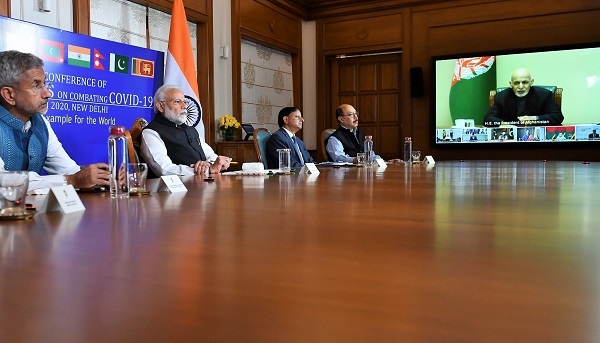
President Ibrahim Mohamed Solih, Maldives : I thank the Indian government for the medical assistance to deal with COVID-19 cases and for evacuating nine Maldivians from Wuhan. The negative impact of COVID-19 on tourism in the country and its impact on the nation’s economy is to be considered. I propose closer cooperation between the health emergency agencies of the countries, formulation of economic relief package and long term recovery plan for the region.
President Gotabaya Rajapaksa, Sri Lanka : I recommend that SAARC leaders should work together to help economy tide over the difficult period. I also recommend establishment of a SAARC Ministerial level group to share best practises and coordinate regional matters on combating COVID-19.
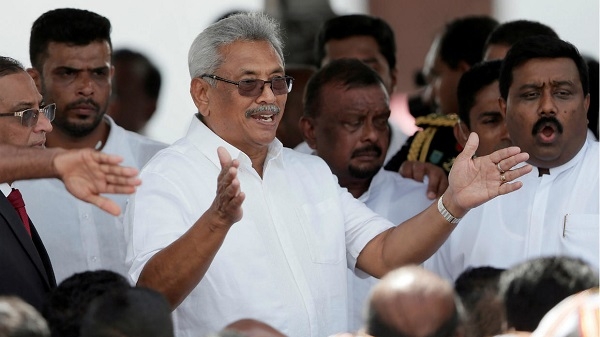
Prime Minister Sheikh Hasina, Bangladesh : I thank Prime Minister Modi for bringing 23 Bangladeshi students back from Wuhan along with Indian students during the quarantine period. I propose continuance of the dialogue at technical level through video conference between Health Ministers and Secretaries of the region.
Prime Minister KP Sharma Oli, Nepal : I apprise the SAARC leaders of the steps taken by Nepal to combat COVID-19 . The collective wisdom and efforts of all the SAARC nations can help in devising a robust and effective strategy to deal with the pandemic.
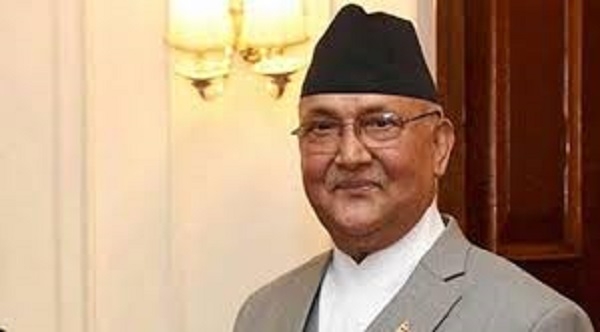
Prime Minister Doctor Lotay Tshering, Bhutan : The pandemic does-not follow geographical boundaries, hence it is all the more important for the nations to work together. The pandemic will affect the smaller and vulnerable economies disproportionately, talking about the economic impact of COVID-19.
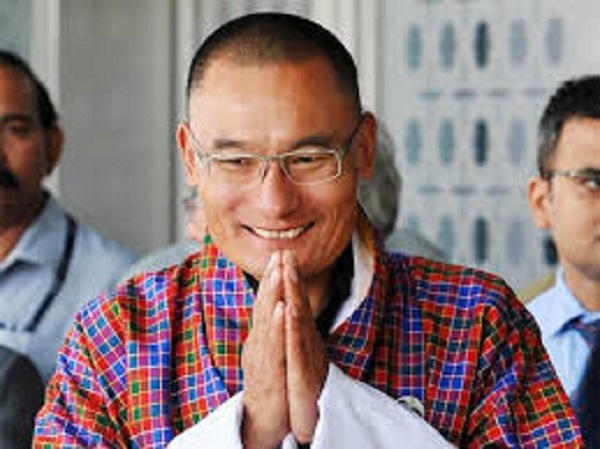
Doctor Zafar Mirza, Pakistan : I propose that SAARC Secretariat be mandated to establish a working group of national authorities for health Information, data exchange and coordination in real time. I also propose hosting SAARC Health Ministers’ conference and development of regional mechanisms to share disease surveillance data in real time.

